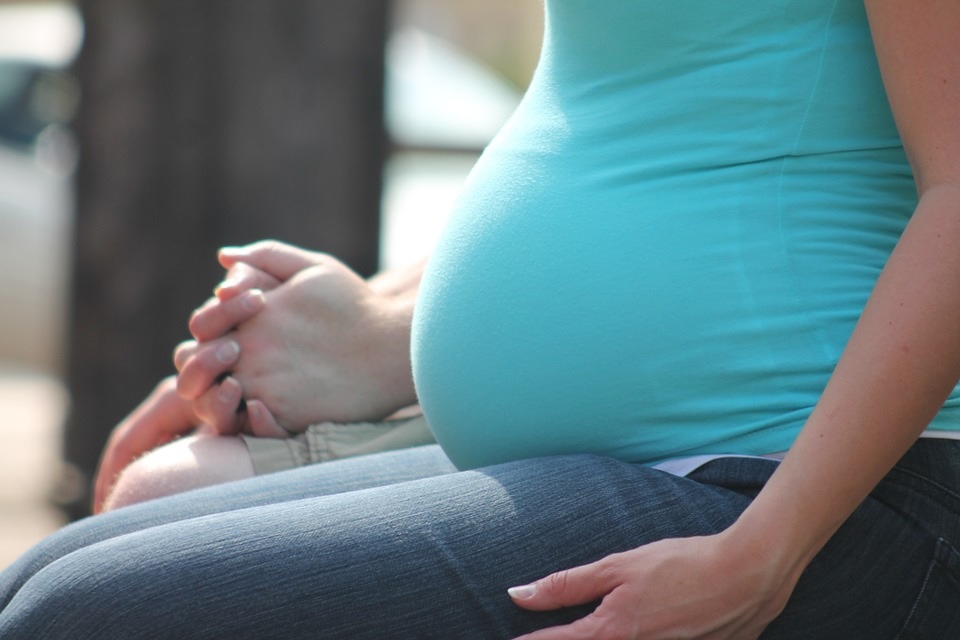Lamotrigine does not significantly increase risk of birth defects during pregnancy, says new study
A new study has shown that babies born to women who are taking the epilepsy drug lamotrigine, do not have a significantly increased risk of birth defects such as cleft lip, cleft palate or club foot.

In the general population 1 in 700 babies is born with a cleft lip or cleft palate and nearly 1 in 1,000 is born with a club foot.
Study author Helen Dolk of Ulster University said that the estimated risk for a baby exposed to lamotrigine during pregnancy was less than 1 in 550 and that they had not found strong evidence for an increased risk of club foot.
This is contrary to earlier, smaller studies that had suggested there may be an increased risk of birth defects associated with the epilepsy drug.
First trimester of pregnancy
Helen Dolk and her team analysed data for more than 10 million births over 16 years. This included 226,806 babies with birth defects. Of these, 147 had been exposed to lamotrigine within the first trimester of pregnancy and had birth defects that had not been passed down genetically.
The study, reported in Neurology, did not look at specific doses of lamotrigine given to women and said more research was now needed to see whether there may be a link between dosage and risk.
Whatever medication a woman is taking during pregnancy, it is important that she discusses this with her epilepsy specialist.
Choices during pregnancy
Professor Ley Sander, medical director at Epilepsy Society welcomed the report which provides more scientific evidence to help women and their clinicians make choices about the safest drugs to take during pregnancy.
He said: 'One of the most worrying aspects of pregnancy for any woman with epilepsy is the possible effects her anti-epileptic medication could have on her unborn child. Although during pregnancy a woman’s bloodstream is separate from that of her baby’s, certain substances can cross the placenta and these include epilepsy drugs.
'Some epilepsy drugs can affect the development of the baby with the possibility of birth defects, particularly in the first 12 weeks when the main organs and skeleton are forming.
'It is true that women with epilepsy have a slightly higher chance of having a baby with a birth defect than those who do not have the condition, but the risk is small and must be put into context.
'In the general population, one to two women in every 100 (1–2 per cent) will have a baby with a major malformation. The risk increases to 3 per cent in women with epilepsy who don’t take epilepsy drugs, and 4–9 per cent in those who do.
Risk and dosage
'Lamotrigine is one of the anti-epileptic drugs thought to have the lowest recorded risk, depending on dosage. This new study is encouraging in that it shows that the increased risk of having a baby with a malformation may not be significantly higher for women who are taking lamotrigine but we now need further studies to assess the association between risk and dosage of the drug.
‘Whatever medication a woman is taking during pregnancy, it is important that she discusses this with her epilepsy specialist.'
Related articles
Government strengthens warnings around sodium valproate.
